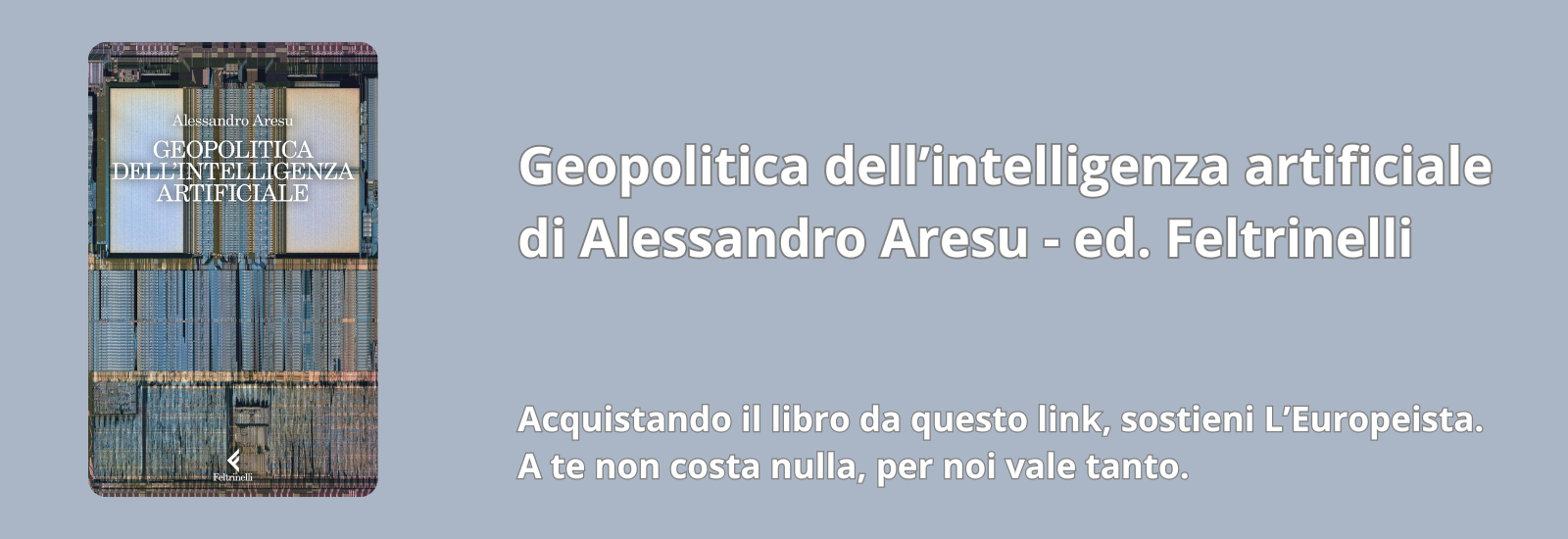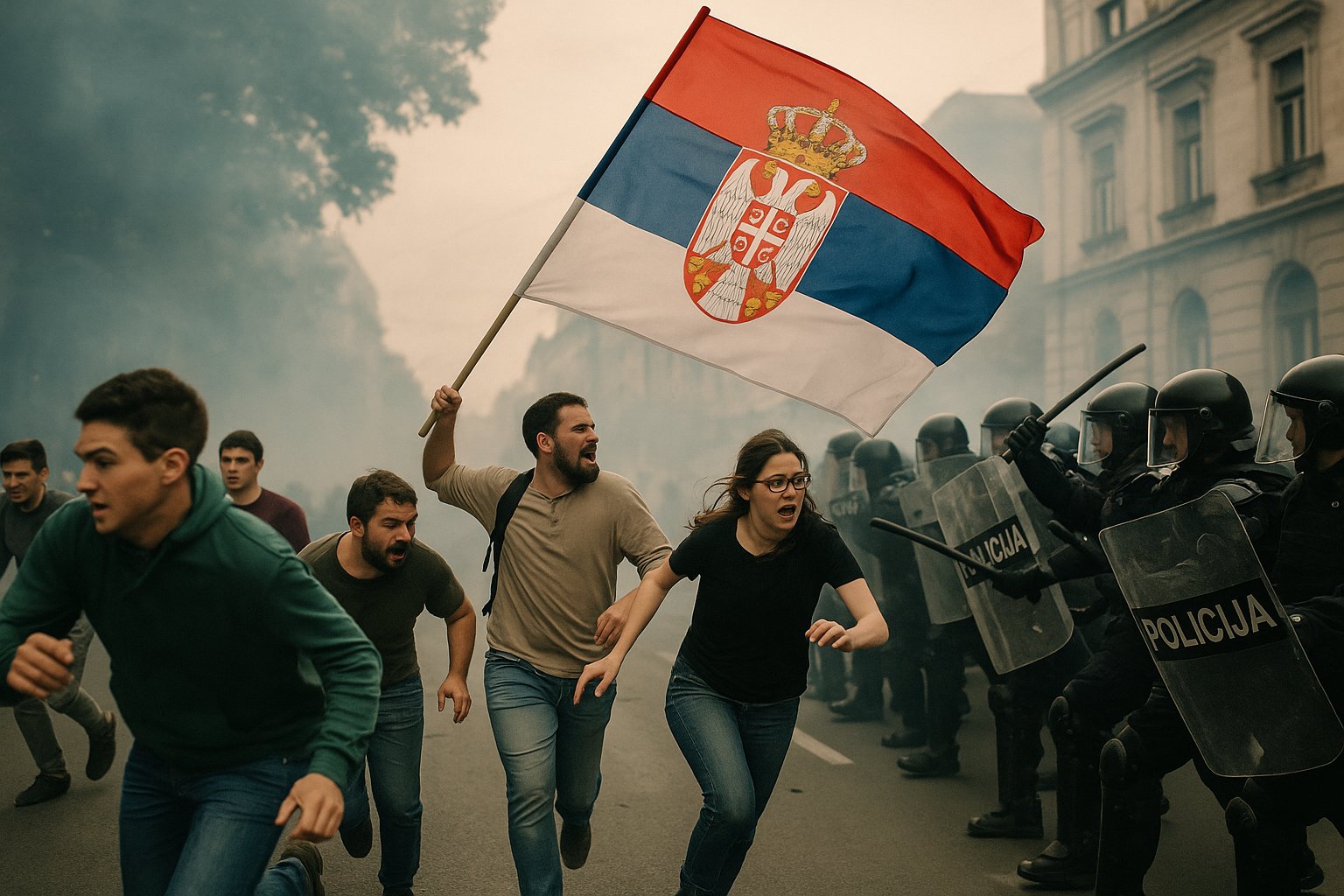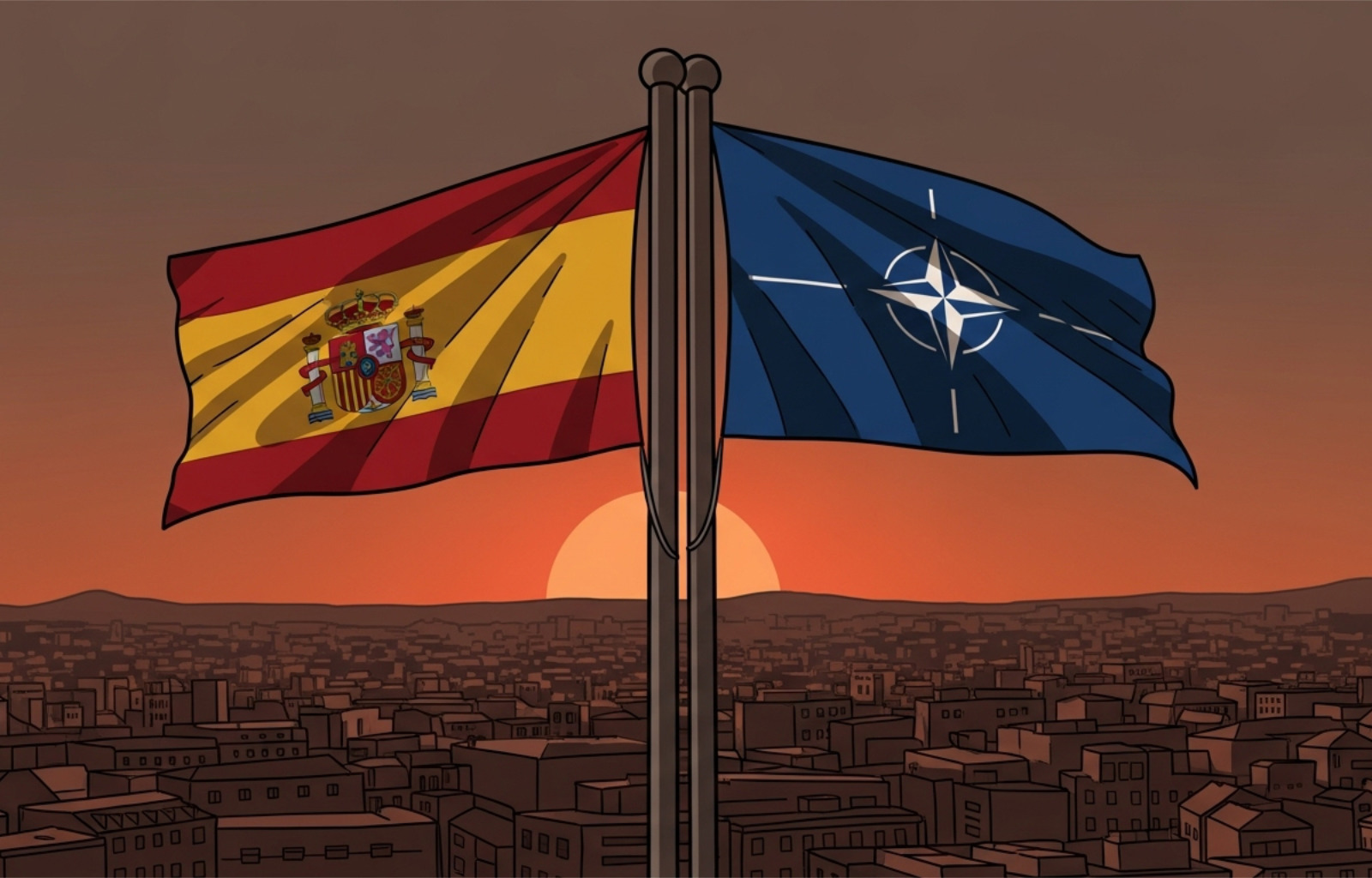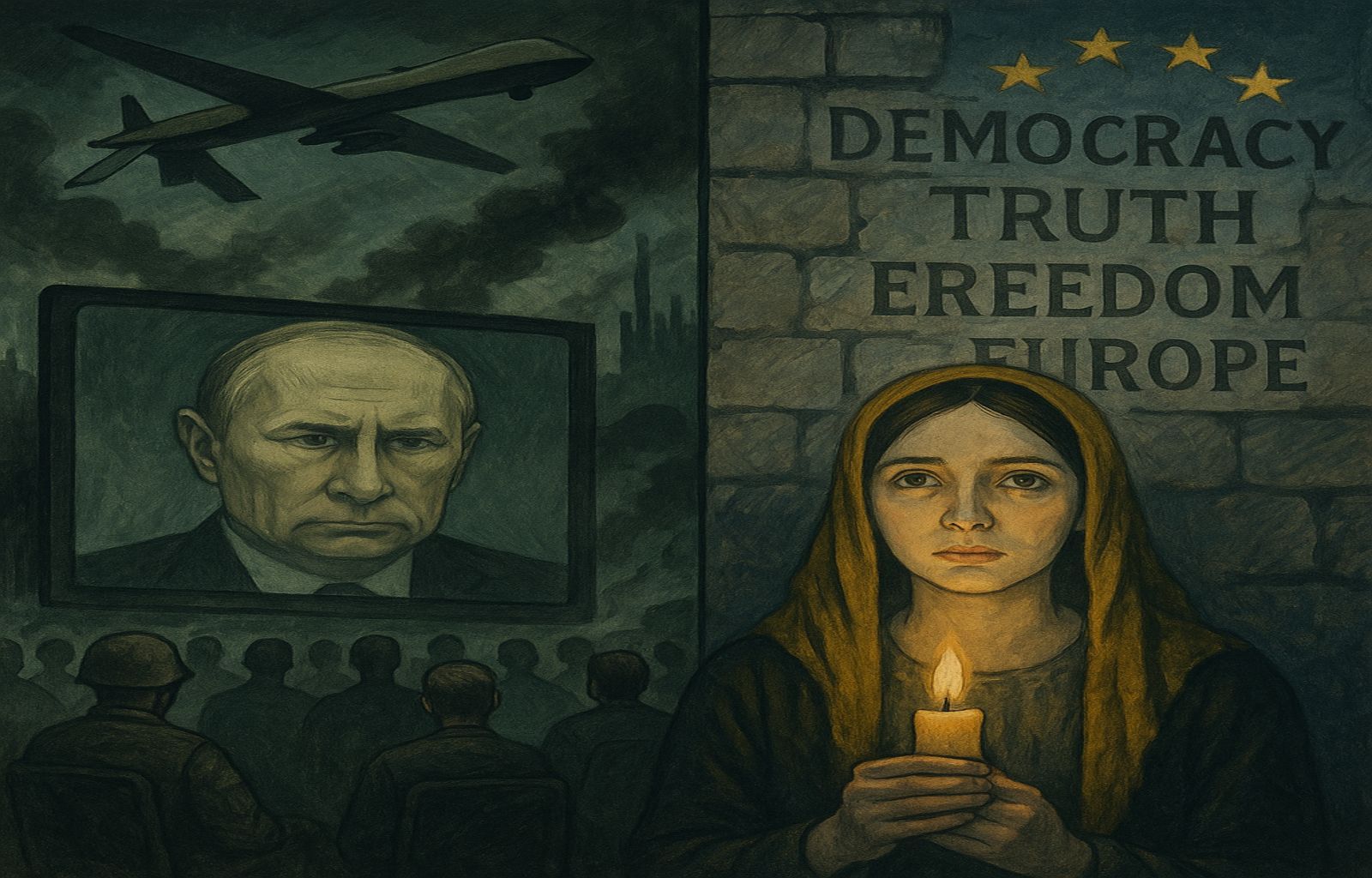EU steps up fight against Russian disinformation

The European Parliament adopted a resolution entitled “New allegations of Russian interference in the European Parliament and the upcoming European elections and the impact on the Union”, strongly condemning Russia’s systematic use of disinformation to justify the war of aggression in Ukraine. With 480 votes in favour, 58 against and 48 abstentions, MEPs rejected Russian historical claims about Ukrainian history and national identity as futile and manipulative attempts to legitimise an illegal conflict.
Voting results
All major groups in the Eurochamber voted in favour of the text. The EU Left group, however, was divided: French MEPs from Mélenchon’s party supported the resolution, while the 5 Star Movement delegation, AVS MEP Ilaria Salis and MEPs from the Greek and Portuguese Left opposed it.
The Patriots group was also split: Marine Le Pen’s Rassemblement National voted in favour, while the League, together with the Spaniards of Vox and the Austrians of the FPÖ, chose to abstain. Opposing the text was the delegation of the German ultra-right AfD.
Disinformation and manipulation of history
In the approved text, Parliament denounces the distortion of history perpetrated by the Russian regime, which is accused of repressing public debate and historical research on Soviet crimes. These acts, according to the MPs, are part of a broader strategy aimed at revitalising imperialist policies and instrumentalising the past to justify criminal actions in the present.

An appeal to the EU: coordination and strengthening
Parliament urges the European Union and Member States to increase their efforts to counter disinformation and protect the integrity of democratic processes. MEPs stress the need to:
- Strengthening media literacy.
- Promoting quality media and professional journalism.
- Intensify research on new technologies related to hybrid influence.
It also calls for a further tightening of sanctions against Russian media involved in disinformation campaigns, while supporting independent Russian media in exile to ensure plurality of information.
Concerns on social media
The relaxation of content moderation rules announced by Meta and X (formerly Twitter) has raised serious concerns among MEPs. The possibility that Russian disinformation could proliferate without adequate controls represents a risk to global security and democratic stability, according to Parliament.
The EU Digital Services Act as a key instrument
The European Commission and member states are being asked to strictly enforce the Digital Services Act (DSA), a piece of legislation that came into force in 2022 and establishes common rules to ensure transparency, security and accountability on major online platforms. The DSA obliges digital platforms to limit misinformation, protect users from illegal content and provide more transparency on the algorithms used to disseminate information.
The resolution emphasises the importance of allocating adequate resources to tackle this hybrid war and ensuring that regulations are implemented uniformly across the EU.












